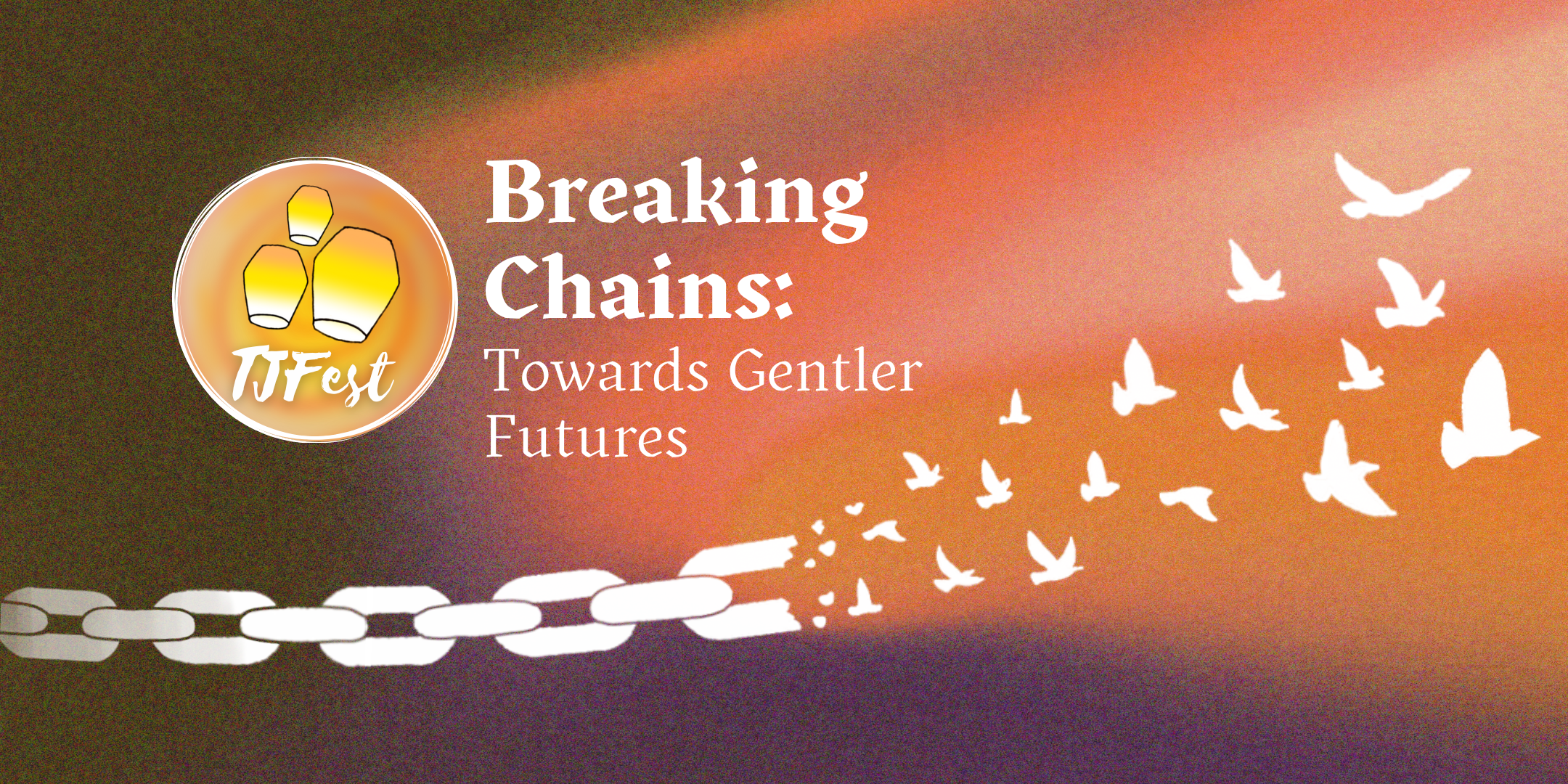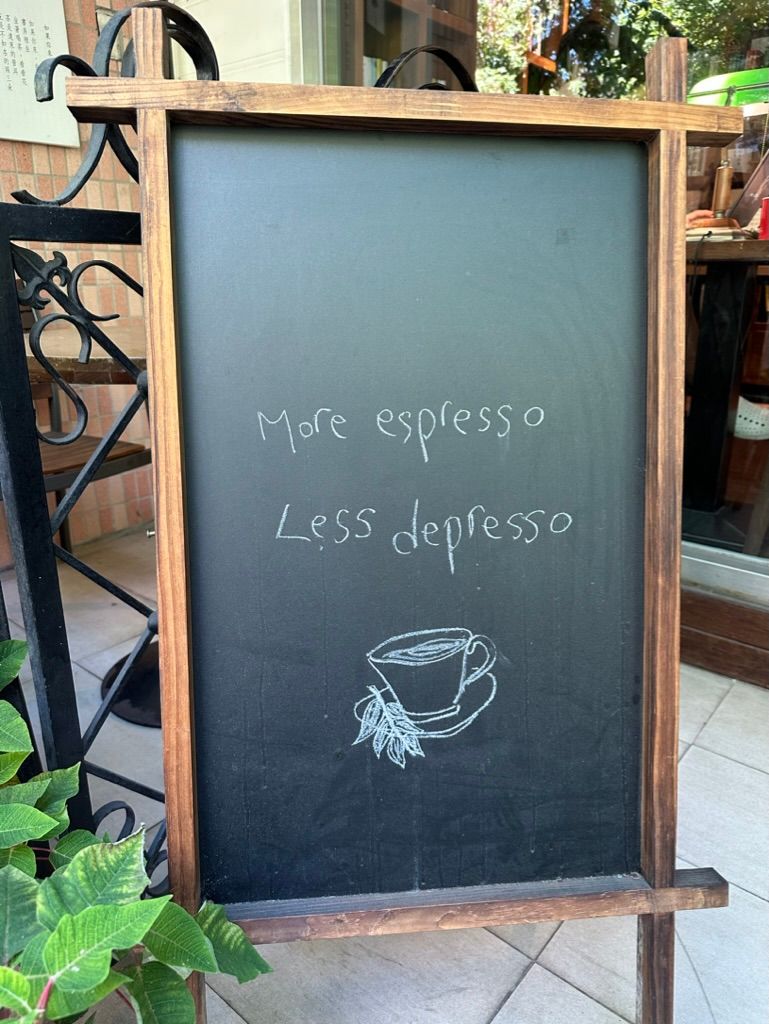Stray Kids just dropped a full album (and a very assault-on-your-senses music video), so this is a very happy weekend for me. I might just take the whole weekend off to wander the streets of Taipei while listening to music... but I actually have quite a bit of work to get through. I'll have to figure something out; this newsletter is taking a very long time to write because I am so distracted by vibing to new music 😅
Election talk
The presidential elections are looming, and Halimah Yacob will not be in the running. The upcoming race won't be reserved like it was in 2017, when it was only limited to Malay candidates and Halimah ended up being the only eligible candidate. I still think they did her dirty with that, because regardless of what she's done or not done, her presidency will forever be tainted with the belief that it was really about blocking Tan Cheng Bock.
So if she isn't running, who is? There's nothing confirmed yet, although some names have been thrown around, mainly all of the Chinese uncle demographic.
There has also been some movement with political parties. Daniel Goh has been kicked out of the Workers' Party for Facebook posts he'd made criticising the leadership over the drama related to Raeesah Khan. Meanwhile, the Reform Party, Peoples Voice, People's Power Party and the Democratic Progress Party have agreed to coalition ahead of the general election, whenever that might be. They're going to register and call it the People's Alliance.
We also have Leong Mun Wai addressing comments that he's "confrontational" in Parliament. Is it a Uniquely Singapore thing that an opposition politician being "confrontational" in the House is something remarkable, rather than, y'know, how it works?
How much of a cut are we talking about here
Temasek Holdings says that people in their senior management and investment team got a compensation cut due to "collective responsibility" for their disastrous investment into FTX, the collapsed cryptocurrency exchange. We don't have information on how many staff were affected by this, how much of a cut it was, and what due diligence was actually done. Is this all we're going to get after the sinking of a US$275 million investment?
Our very first TJFest!
This is very exciting. The Transformative Justice Collective is proud to present our very first TJFest, "Breaking Chains: Towards Gentler Futures"! All our different working groups have pulled together to organise a series of events and activities across three weekends in July. There's zine-making, film screenings, panels, a prison shop and more. Check out our landing page for more information and get your tickets!

Some more POFMA
Asia Sentinel got POFMA-ed. The government claims that they'd published falsehoods about Nikkei getting threatened after they published Andy Wong's op-ed about the KTV lounges and Covid, about human rights lawyer M Ravi being suspended for criticising the government, and that Lee Hsien Yang and Lee Suet Fern were threatened with government action because of the feud with Lee Hsien Loong.
Asia Sentinel published the correction notice on the original article, and also published it as a new standalone article. They then published a response to the POFMA order, saying that they stand by their story. When I was first working on this newsletter I wrote something about waiting to see if the government will let it go — since they did publish the correction notice — or want to get petty by issuing another POFMA order to their response.
I then had to come back and rewrite this section beecause the government response was even pettier than I'd imagined. They've ordered that the Asia Sentinel website be blocked. The Ministry of Communications and Information said that although Asia Sentinel did publish the correction notices, "this was not done in compliance with the requirements of the Correction Direction for the respective Correction Notices to be situated at the top of the article and at the top of the main page of the website." The Ministry of Home Affairs also stuck their oar in (why?!) to say that such a correction direction "is akin to the right of reply practised by newspapers and magazines" (psst... it's not) and that if "Asia Sentinel truly believes in free speech, it should be happy for its readers to read both the Article and the correction notice, and make up their own minds which is true."
This is super disingenuous because if the government's main concern really was that readers have access to both narratives to come to their own conclusions, then they should be satisfied with what Asia Sentinel has done — readers who go to the original article will now also see the correction notice near the top of the piece. But what the Singapore government is now unhappy about is that Asia Sentinel did not put the correction notice on the website's home page (I'm not entirely sure this is possible with the Substack homepage?) and possibly also that the correction notice in the original article was not right at the top because Asia Sentinel added an editor's note before it. This is not about the spirit of providing people with multiple perspectives. This is the Singapore government throwing a temper tantrum because it didn't get exactly what it wanted.
The word count is 1,500–2,500 words and they use the OSCOLA referencing system. The deadline is 9 June 2023 (so get writing!) Submit using this form.

